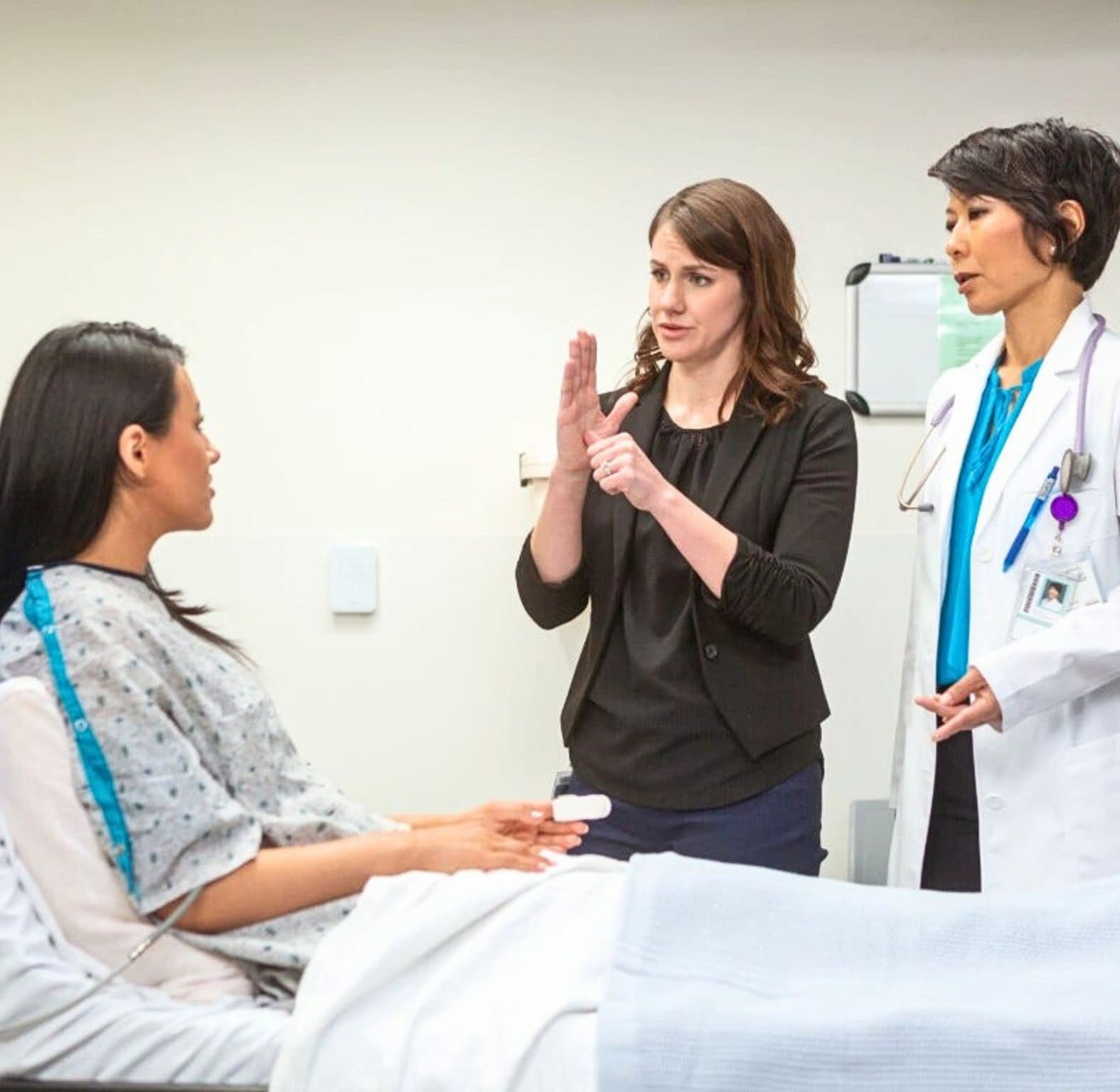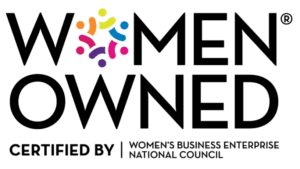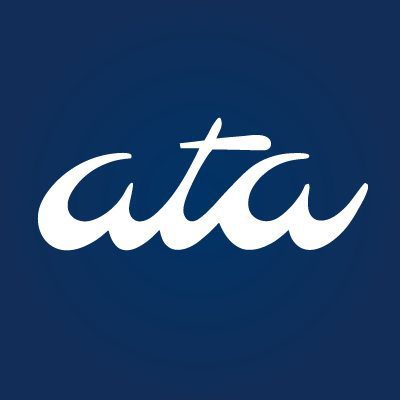Your Partner for Inclusive Medical and Healthcare Services

At Inclusive Communication Services, we understand the importance of inclusivity and accessibility in the medical and healthcare industry.
We prioritize clear and accurate communication for every individual, including Deaf, DeafBlind, hard-of-hearing, and non-English speakers, across various medical settings.
Our services are designed to bridge communication gaps in medical practices, hospitals, and healthcare events, ensuring that patients, healthcare professionals, and staff are fully supported.
Embracing accessibility demonstrates your commitment to inclusive health practices and ensures that your patients, their families, and your colleagues feel valued and integral to the healthcare process.
A Diverse Audience Deserves Inclusive Access
Healthcare environments are diverse, bringing together Deaf, DeafBlind, hard-of-hearing, and non-English speaking individuals, alongside their families and healthcare professionals.
Accessibility accommodations are essential to ensure equal access and full participation for all.
A team of skilled accessibility professionals is crucial to creating healthcare experiences that include everyone, from patients to staff.
Inclusive Communication Services connects you with high quality accessibility solutions to meet the unique needs of your healthcare setting, medical professionals, and valued patients.
Proactive Solutions for Inclusive Healthcare
The Inclusive Experience:
Your Dedicated Medical Accessibility Coordinator
Creating an inclusive healthcare environment goes beyond just meeting standard requirements—it’s about providing exceptional healthcare experiences tailored to your diverse audience.
At the core of our “inclusive experience” is a dedicated accessibility coordinator available around the clock to address your unique accessibility needs, including schedule changes or other issues that may come up during your medical consultations, patient education sessions, or healthcare events.
Consider your coordinator an extension of your team, offering professional advice, insights, and solutions to ensure truly inclusive interactions. Your coordinator is on hand to join case consultations, faculty training sessions, and healthcare seminars as needed to ensure equal access and compliance with the Americans with Disabilities Act (ADA).
Choosing Inclusive Communication Services isn’t just about ensuring accessibility; it’s about transforming your healthcare consultations, sessions, and events into inclusive and supportive experiences.
Inclusive Communication Services:
The Gold Standard in Healthcare Accessibility Services
When it comes to accessibility in healthcare, the right partner can make all the difference, so it’s important to choose a community-based organization with a proven track record of providing high-quality, reliable, and reputable services.
Discover why medical offices, hospitals, and healthcare event planners consistently choose Inclusive Communication Services for their accessibility needs:
Inclusive Communication Services:
Your Partner in Inclusive Healthcare and Medical Services
Committing to the communication needs of diverse patient populations not only showcases your dedication to inclusivity, but also complies with the Americans with Disabilities Act (ADA). With Inclusive Communication Services, you’re not just ensuring accessibility; you’re emphasizing your healthcare institution’s commitment to diversity, equity, and inclusion.
In an interconnected world, the healthcare industry serves individuals of varied backgrounds and abilities. We don’t just accommodate; we elevate accessibility, ensuring every patient, family member, and medical professional has equal access to medical services and information. Here’s how we seamlessly integrate accessibility into medical offices, hospitals, and healthcare events:
Enhance medical consultations with our sign language and spoken language interpreting services, ensuring that Deaf, hard-of-hearing, and non-English speaking patients can fully understand and participate in healthcare discussions, diagnoses, and treatment plans.
Improve patient care across inpatient and outpatient settings by utilizing our sign language interpreters, spoken language interpreters, live captioning, and document translation to meet diverse communication needs.
Provide timely medical care in emergencies with interpreters who can be dispatched to emergency rooms, urgent cares, and other critical care locations for Deaf, hard-of-hearing, and non-English speaking patients, along with on-site accessibility documents and media solutions for immediate communication support.
Support communication during surgery with trained interpreters who understand surgical procedures, ensuring effective communication between medical staff and patients for informed consent discussions and post-operative care instructions.
Streamline new patient intake by offering professional interpreters and document translation services for patients with unique communication needs, ensuring all patients can provide their personal and medical history and details.
Monitor patient progress in essential follow-up appointments with our interpreters and captioners, helping patients understand their ongoing treatment plans, lifestyle adjustments, and post-treatment instructions.
Explain laboratory testing purposes and results with interpreters and translators who are well-versed in medical terminology to assist patients and healthcare professionals during these processes.
Enable active participation in medical check-ups with professional medical interpreters and captioners, helping patients discuss their overall health and any necessary lifestyle changes effectively.
Assist in physical therapy sessions after surgery or an injury with sign language and spoken language interpreters who specialize in the medical setting, ensuring patients understand their rehabilitation plans and exercises.
Ensure clear communication in maternity wards with interpreters trained in the maternity care process, promoting the care and safety of pregnant individuals and newborns during childbirth and postpartum.
Assist patients in understanding medication instructions, side effects, and other treatment plan details with professional interpreters, translators, and medical translations in multiple languages.
Facilitate clear and effective communication in telehealth settings with our remote sign language interpreting, spoken language interpreting, and captioning services for video and phone consultations.
Make healthcare seminars and workshops accessible with sign and spoken language interpreters, live captioning, and translated materials, ensuring Deaf, hard-of-hearing, and non-English speaking participants can engage with the health information presented.
Facilitate accessible healthcare conferences with interpreting services, live captioning, and conference materials available in alternate formats, including audio descriptions (AD), closed captions, and multilingual subtitles and voiceover, allowing all attendees to participate fully and network effectively.
Provide equal access to learning opportunities for Deaf, DeafBlind, hard-of-hearing, and non-English speaking medical students and professionals through sign language and spoken language interpreting and live captioning during specialized training and lectures, as well as translation services for media content and reading materials.
Ensure outreach programs, health fairs, and community health events are accessible to Deaf, DeafBlind, hard-of-hearing, and non-English speaking staff and attendees with our comprehensive interpreting, live captioning, and document translation services, fostering inclusive engagement for diverse communities.
At Inclusive Communication Services, we uphold the highest standards of confidentiality, as mandated by HIPAA, and are committed to protecting privileged information, including Protected Health Information (PHI).
Our trained professionals, bound by a strict nondisclosure agreement (NDA) and a rigorous code of conduct, ensure the privacy of healthcare details, communications, and records.
This dedication to confidentiality and privacy covers all aspects of the healthcare journey, from initial assessments to patient education and follow-up sessions, maintaining the utmost discretion and adhering to all relevant legal and ethical standards.
Your peace of mind is our priority.
Tips for an Exceptionally Inclusive Healthcare Environment
Consider these tips to ensure accessible and inclusive medical services:
Early Scheduling: Request interpreters or captioners as soon as you’re aware of healthcare sessions involving Deaf, hard-of-hearing, or non-English speaking individuals to ensure you have the most qualified professionals for your needs.
Detailed Requests: Provide detailed information about the nature of the healthcare session or event to ensure that accessibility professionals are well-prepared.
Respect Patient Preferences: Honor any specific patient preferences for interpreters, and seek guidance from the patient or your accessibility coordinator if you are unsure about the appropriate services.
Arrivals & Clearances: Accessibility teams will arrive 15-30 minutes prior to you event’s start time. Ensure that parking and other necessary clearances are secured for hassle-free entry to your facility.
Documents: Provide medical documents to interpreters and captioners well in advance of the session or event to ensure ample time for review and preparation, especially if significant translation is required.
Strategic Positioning: Place sign language interpreters strategically for a clear line of sight between the interpreter, the medical provider or presenter, and the patient or attendees.
Media Captions: Ensure video and audio media are captioned or provide un-captioned media content to your accessibility coordinator well in advance of your session or event to allow ample time for captioning.
Direct Engagement: Directly engage with Deaf, DeafBlink hard-of-hearing, and non-English speaking patients using clear, first-person language. Maintain eye contact with the patient rather than the interpreter.
Clear Communication: Promote clear communication by speaking one at a time, facing the patient, and allowing pauses for interpretation and clarification of medical terms and conditions.
Consider a Deaf Interpreter (DI / CDI): For complex medical situations, consider a Deaf Interpreter (DI / CDI) to enhance accuracy and ensure the patient’s full understanding and inclusion in their healthcare plan.
Respect the Professional’s Time: Respect the scheduled end-time for interpreters and captioners, and communicate any necessary extensions promptly to ensure all patients have equal-access to accessibility services.
Streamline Follow-Ups: Submit follow-up or referral appointment requests directly to your designated Accessibility Coordinator or our service request portal, not through the interpreter, to ensure the most qualified interpreter is assigned to your appointment.
Respect Confidentiality and Autonomy: Respect the interpreter’s commitment to confidentiality and code of conduct, and refrain from asking them to disclose prior information, sign any documentation, or make decisions on behalf of patients. Always address patients directly and hand documents to the patient, not the interpreter.
Coordinator Assistance and Support: Reach out to your designated accessibility coordinator if you have questions or need help preparing for your service request. Your coordinator is available to help ensure effective communication and inclusion for all parties.
Following these guidelines will help to create an inclusive healthcare environment for all patients and professionals!
Elevate Your Healthcare and Medical Services Accessibility with Inclusive Communication Services
Inclusive Communication Services makes inclusivity effortless, transforming healthcare facilities into spaces where everyone has equal access to medical care and support.
Let’s work together to set the standard for accessibility in the healthcare sector.
Contact us today to discuss your needs and take the next step towards an inclusive healthcare environment.

Ready to enhance healthcare accessibility in your facility?
Need a professional interpreter, translator, or captioner?
Making ADA accommodations simple and inclusive!
We are here to help you!



